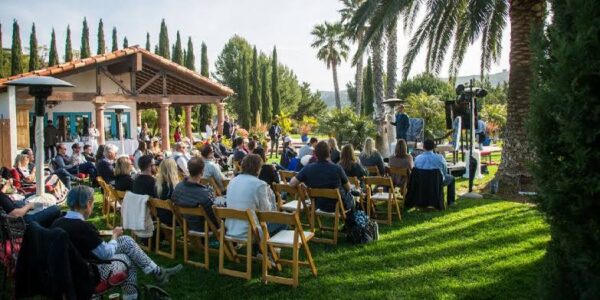Table of contents
Introduction
The term “cult” often conjures up images of secret societies, charismatic leaders, and extreme ideologies. Although some cults are widely known for their controversial practices and manipulative tactics, the concept of “human gathering cult” is broader than the traditional definition to explore the complexities of group dynamics, social influence, and the search for affiliation. This article delves into the phenomenon of human gathering cults, exploring the key factors, characteristics, and consequences that shape our understanding of this unique society.
Define The Human Gathering Cult
What is a cult?
A cult can be defined as a group or community characterized by loyalty to a certain ideology, belief system, or charismatic leader, often exhibiting manipulative or controlling behavior that significantly affects the thoughts, feelings, and behavior of members.
The Evolution of Cult Dynamics
Human Gathering Cults crowd represents a contemporary form of cult-like dynamics in social gatherings, social groups, or groups that significantly affect the beliefs, behavior, and personality of members. These groups may not fit the traditional definition of a cult, but they share common characteristics of group conformity, charismatic leadership, and social control.
Characteristics of The Human Gathering Cult
Charismatic leadership
Charismatic leaders often play a key role in Human Gathering Cults crowdfunding with persuasive communication, compelling stories, and effective styles that satisfy members’ desire for purpose, belonging, and fulfillment.
Group conformity and social control
Many fundraising cults can create situations where people are encouraged or coerced to adopt beliefs, behaviors or practices consistent with the group’s ideology. This can be through peer pressure, social rewards, or manipulation of group dynamics to reduce dissent and maintain control.
Emotional manipulation and addiction
Protection cults may use emotional manipulation tactics such as love bombing, dreaming, or exploiting members’ vulnerabilities to increase emotional dependence and loyalty to the group. These tactics can create a cycle of dependency that undermines members’ autonomy and critical thinking.
Look for relevance and identity
Psychological needs and motivation
Human Gathering Cults often depends on the ability to satisfy basic psychological needs for belonging, identity, and significance. Members may be drawn to these communities in search of purpose, meaning, or a sense of belonging beyond their identity.
Flexibility and recruitment
A maintenance cult can target people who are vulnerable to manipulation due to factors such as loneliness, insecurity, or the desire to belong. A recruiting strategy often involves creating an urgent, special, or general task that matches the needs and desires of prospective members.
The influence of The Human Gathering Cult
Psychological and emotional consequences
Participating in all cults can have profound psychological and emotional consequences for members, including betrayal, isolation, and loss of autonomy, including disorientation and depersonalization. Regulating beliefs, behaviors, and social relationships in groups can harm members’ self-esteem, critical thinking skills, and emotional well-being.
ALSO READ ABOUT: Everything You Should Know About MyLiberla
Social influence and ethical considerations
The existence of Human Gathering Cults in society raises important ethical considerations and questions about the balance between individual freedom, group dynamics, and social responsibility. Addressing the complex interplay of belief systems, social influences, and moral boundaries is essential to fostering a society that values autonomy, critical thinking, and informed consent.
The results
The phenomenon of Human Gathering Cults offers a fascinating but enlightening look at the complexities of human behavior, social influence, and the study of property. By understanding the factors, characteristics, and outcomes of these unique communities, we can raise awareness, foster critical thinking, and foster conditions that allow people to participate independently, morally, and independently in society.



